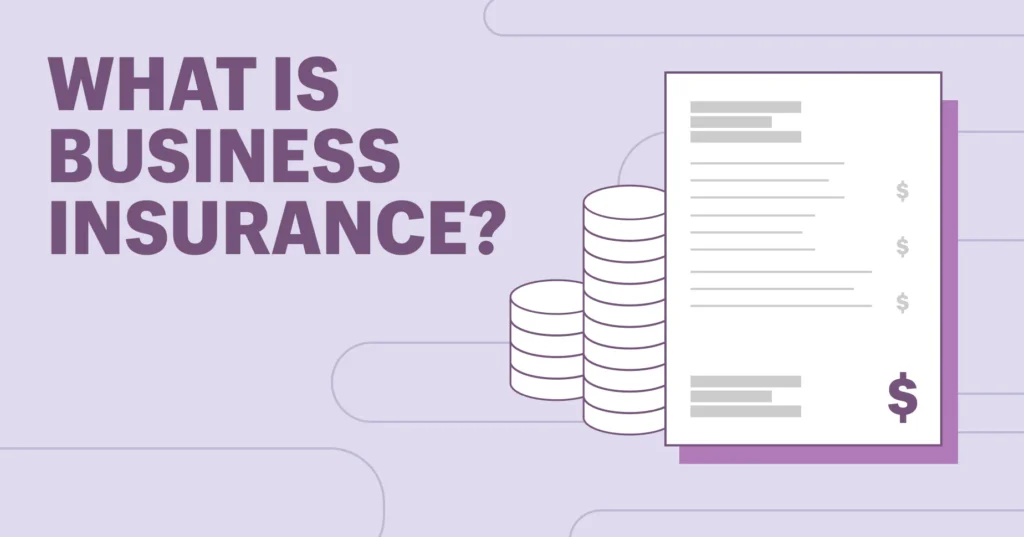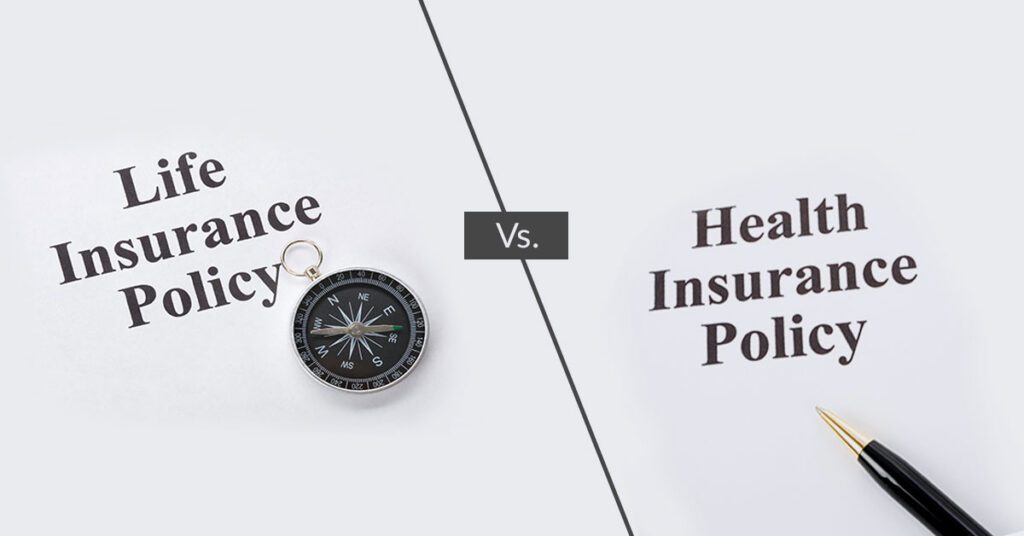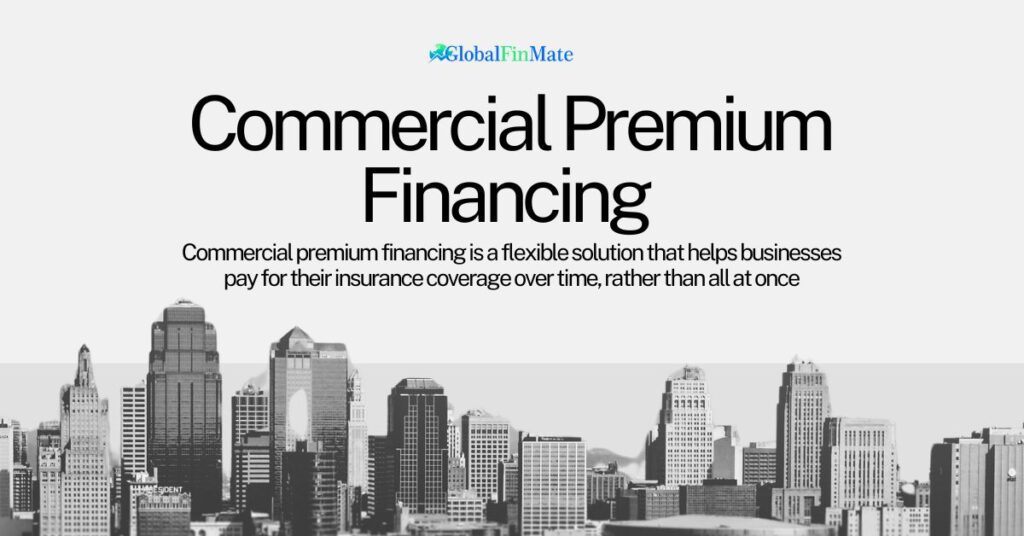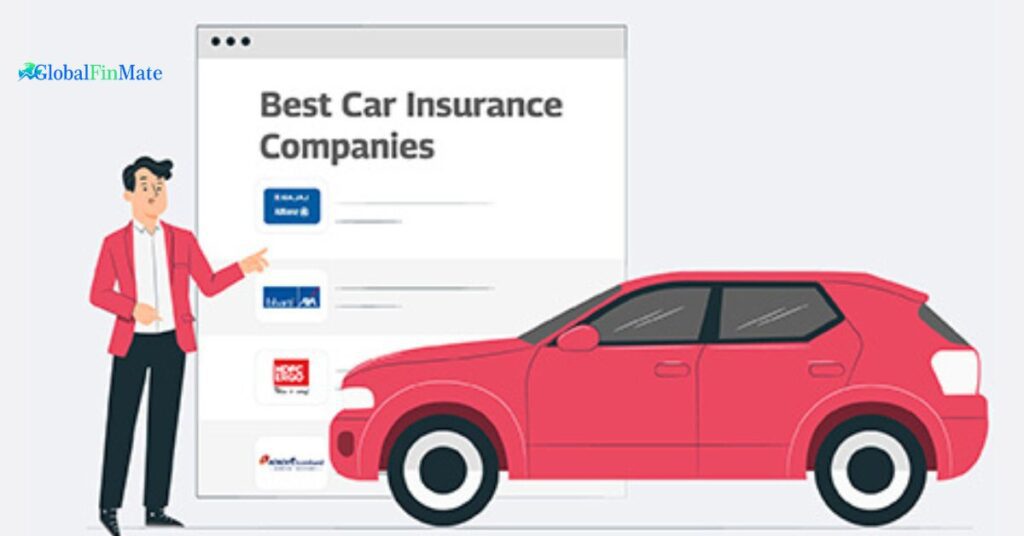Commercial insurance is a critical component of modern business management, providing protection against a wide array of financial risks associated with running a company. Understanding what commercial insurance entails, the types available, why it matters, and how to select the right policies can make the difference between thriving and struggling companies, especially in today’s complex economic environment.
This comprehensive guide dives deeply into the concept of commercial insurance, exploring its purpose, key types, coverage specifics, benefits, how premiums are determined, common claims, and strategies to optimize your business insurance portfolio.
1. What Is Commercial Insurance? Definition and Purpose
Commercial insurance refers to a suite of insurance products specifically designed to protect businesses of all sizes—from sole proprietorships to multinational corporations—against financial losses resulting from unexpected events. These can include property damage, legal liabilities, employee-related risks, cyber attacks, and operational disruptions.
Unlike personal insurance, which covers individual risks such as auto or home insurance, commercial insurance addresses the unique and varied exposures faced by businesses. The core purpose is to safeguard business assets, revenues, and legal standing so companies can recover and continue operations with minimal financial impact.
2. Why Commercial Insurance Is Essential for Businesses
Running a business inherently involves exposure to both predictable and unforeseen risks. Commercial insurance is essential because it:
- Protects Financial Stability: Shields businesses from costly lawsuits, property losses, or liability claims that could otherwise threaten solvency.
- Builds Credibility: Many clients, partners, or lenders require proof of insurance before engaging in contracts.
- Supports Compliance: Certain policies, such as workers’ compensation or commercial auto insurance, are mandated by law.
- Preserves Business Continuity: Insurance like business interruption coverage helps companies sustain operations during recovery times.
- Enables Risk Management: Facilitates identification and mitigation of business risks in a structured way, allowing focused growth and innovation.
Ignoring or underinvesting in commercial insurance can expose businesses to devastating financial consequences, legal penalties, and damaged reputations.
3. Key Types of Commercial Insurance Policies
Commercial insurance encompasses various product types designed to cover different risks. Below are the most common and important categories:
General Liability Insurance
This foundational policy covers legal costs and damages if your business is found responsible for bodily injuries, property damage, or advertising injuries to third parties. It protects against claims such as slip-and-fall accidents at your premises or damage caused by your products.
Coverage includes:
- Third-party injury claims
- Property damage claims
- Legal defense costs
- Medical payments
Property Insurance
This insurance protects your business property, including buildings, equipment, inventory, and furnishings, against risks such as fire, theft, vandalism, and natural disasters.
Key features:
- Covers physical damage to owned or leased property
- Can include coverage for business personal property and equipment breakdown
- Optional add-ons like flood or earthquake insurance
Business Interruption Insurance
Also called business income insurance, it compensates for lost income during periods when your business operations are halted due to physical damage from covered perils like fire or storms. It helps cover fixed costs, payroll, and profits lost during downtime.
Professional Liability (Errors & Omissions) Insurance
This protects businesses that provide professional services or advice against claims of negligence, errors, or failure to perform professional duties resulting in client financial loss.
Workers’ Compensation Insurance
Often legally required, this policy covers medical expenses and wage replacement for employees who suffer work-related injuries or illnesses. It also protects employers from liability claims related to those injuries.
Commercial Auto Insurance
Covers vehicles used for business purposes, including company cars, trucks, or delivery vans. It protects against liability, collision, theft, and damage arising from vehicle use.
Cyber Liability Insurance
Given the rise of cyber threats, this coverage protects businesses from data breaches, cyberattacks, and resulting liabilities, including costs related to notification, legal fees, and reputation management.
Employment Practices Liability Insurance (EPLI)
Protects businesses against claims related to employment practices, such as wrongful termination, discrimination, harassment, or retaliation lawsuits brought by employees.
Directors and Officers (D&O) Insurance
Offers liability protection to corporate directors and officers for decisions made while managing the company, defending against allegations of wrongful acts, breaches of fiduciary duty, or mismanagement.
4. Coverage Details: What Does Commercial Insurance Protect?
Commercial insurance policies typically cover:
- Property and physical assets: Buildings, equipment, inventory damaged or destroyed by covered events.
- Liabilities: Sums your business becomes legally obligated to pay for injury, damage, or negligence claims.
- Employee-related Risks: Injuries and illness benefits, wrongful acts claims, or discrimination lawsuits.
- Business income: Lost profits and ongoing expenses during forced closures.
- Cybersecurity incidents: Data breach costs, extortion payments, recovery expenses.
- Legal defense costs: Attorneys’ fees and court costs associated with covered claims.
However, each policy has specific terms, exclusions, limits, and deductibles. For example, flood or earthquake damages usually require separate endorsements or policies.
5. How Commercial Insurance Premiums Are Calculated
Premiums are the payments businesses make regularly (monthly, quarterly, annually) to maintain coverage. Factors influencing premium costs include:
- Industry type and risk level: Construction and manufacturing often pay more due to higher hazard exposure than consulting firms.
- Business size and revenue: Larger businesses or those with higher revenues tend to have higher premiums.
- Location: Crime rates, weather risks, and local regulations impact pricing.
- Claims history: Past claims can increase rates; a strong claims record helps reduce premiums.
- Coverage limits and deductibles: Higher limits increase premiums; higher deductibles lower them.
- Safety protocols: Businesses that demonstrate risk mitigation through safety training and security systems may benefit from discounts.
Insurers evaluate these factors using underwriting models to determine fair pricing for the level of risk assumed.
6. Common Commercial Insurance Claims and How to Handle Them
Some common types of claims businesses make under commercial insurance include:
- Slip and fall accidents on premises
- Property damage or theft
- Professional errors causing client losses
- Employee injury claims
- Vehicle accidents involving company cars
- Data breach notifications and recovery
Handling claims effectively involves:
- Promptly reporting the claim to your insurer
- Documenting the incident thoroughly (photos, witness statements)
- Cooperating fully with investigators
- Keeping clear records of communications and damages
- Understanding your policy limits and exclusions to anticipate coverage scope
Proactive risk management and clear claims processes help reduce claim disputes and maximize recoveries.
7. Customizing Commercial Insurance for Different Industries
Different industries have unique risks requiring tailored insurance solutions. Examples:
- Retail: Higher need for property, liability, and product recall coverage.
- Technology: Emphasizes cyber liability, professional liability, intellectual property insurance.
- Healthcare: Professional liability, patient data protection, and regulatory compliance coverage.
- Construction: Focus on workers’ compensation, contractor’s equipment insurance, builder’s risk.
- Hospitality: Property, liquor liability, workers’ comp, and business interruption are critical.
Industry-specific endorsements, riders, and policy adjustments refine coverage to align with actual risks.
8. Choosing the Right Commercial Insurance Provider
When selecting a commercial insurer, consider:
- Financial strength and reputation: Choose insurers rated highly for stability and claims payment.
- Specialization: Providers with expertise in your industry better understand needs and provide tailored products.
- Claims service quality: Efficient claim handling is crucial. Check reviews and references.
- Policy flexibility: Ability to customize coverage with add-ons or riders.
- Pricing: Competitive premiums aligned with value.
- Customer support: Accessibility, proactive risk management resources, and advisory services.
Working with experienced insurance brokers can help navigate options and negotiate the best deals.
9. Risk Management Strategies and Commercial Insurance
Insurance is just one aspect of managing business risks. Effective risk management includes:
- Regular safety training and compliance programs
- Cybersecurity measures and data protection policies
- Contract reviews and strong legal protections
- Maintaining accurate records and documentation
- Regularly reviewing and updating insurance coverage
Proper risk management helps reduce incidents and claims, thereby lowering insurance costs and protecting business continuity.
10. Legal and Regulatory Considerations for Commercial Insurance
Legal mandates often require specific policies, such as workers’ compensation or commercial auto insurance. Additionally:
- Some contracts or leases mandate proof of insurance clauses.
- Regulatory compliance impacts coverage, especially in health, environmental, or financial sectors.
- Failure to maintain required insurance can result in fines, penalties, and loss of licenses.
It’s important for businesses to stay abreast of evolving insurance laws and regulations in their jurisdictions.
11. Commercial Insurance Trends and Innovations in 2025
The commercial insurance landscape continuously evolves. Key trends today include:
- Increasing importance of cyber insurance due to rising digital threats
- Usage of AI and big data in underwriting and claims processing
- Usage-based insurance policies and pay-per-use models
- Integration of sustainability and ESG factors in risk assessments
- Growth of niche insurance products for emerging industries like cannabis or gig economy firms
Staying informed on these trends helps businesses future-proof their insurance portfolio.
12. Practical Tips for Businesses to Optimize Their Insurance Portfolio
- Conduct annual insurance reviews with your broker or advisor.
- Bundle multiple policies with one insurer for discounts.
- Increase deductibles to reduce premiums if cash flow allows.
- Invest in loss prevention and risk control programs.
- Carefully read policy terms to avoid coverage gaps.
- Use technology tools to track policy status and expiration dates.
Prudent insurance management saves costs while ensuring adequate protection.
13. Conclusion: Building Business Resilience Through Comprehensive Commercial /Business Insurance
Commercial insurance is a vital safeguard that empowers businesses to face risks confidently and recover quickly from setbacks. By understanding the types of coverage available, how premiums are determined, and adopting robust risk management, companies of all sizes can secure financial stability and long-term success. In a volatile world, a well-crafted commercial insurance strategy is an indispensable asset in your business toolkit for 2025 and beyond.
If you would like, I can also provide detailed blog posts on specific types of commercial insurance, industry-specific insurance guides, or strategies for claims management and risk mitigation tailored to your audience. Just let me know!










